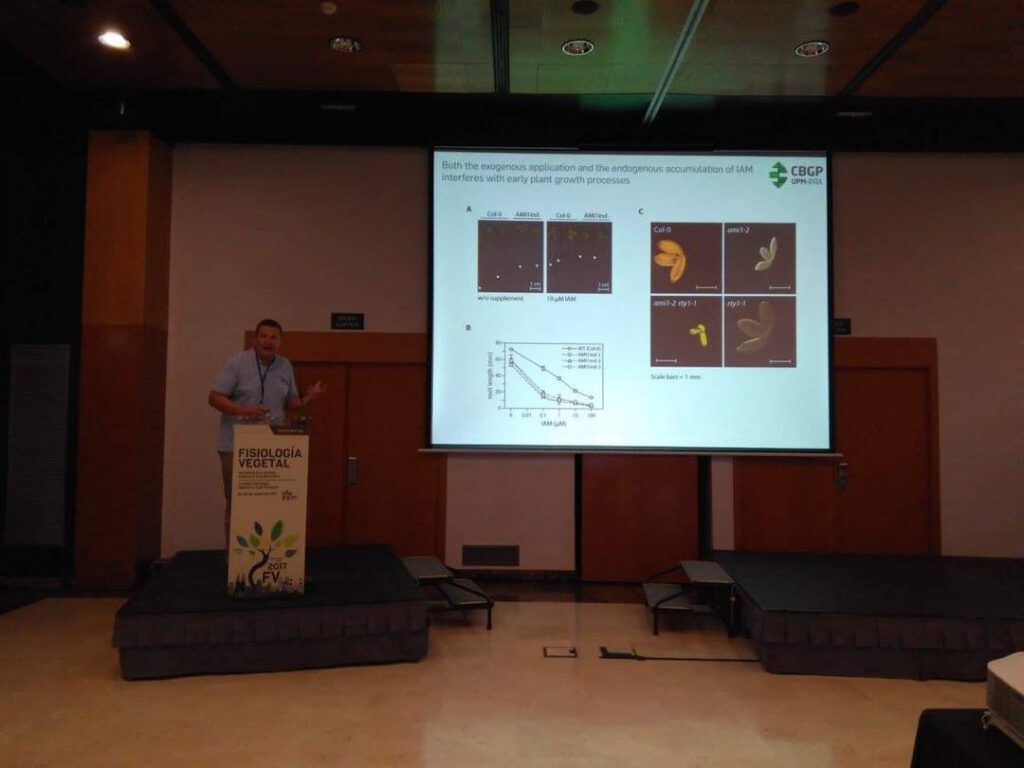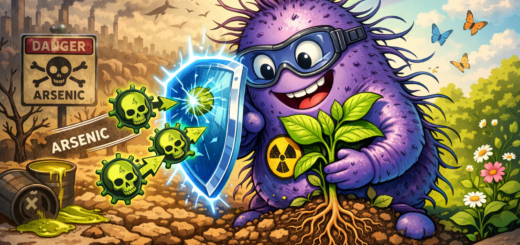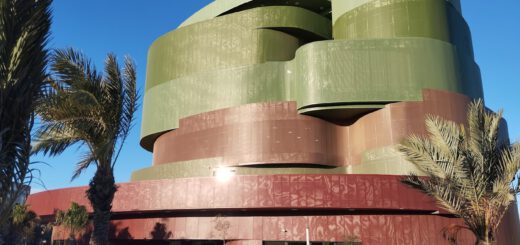XXII Meeting of the Spanish Society of Plant Physiology

Stephan is going to present the latest results of our work at the XXII Meeting of the Spanish Society of Plant Physiology (FV2017) held in Barcelona, Spain.
For more information on the program etc. refer to the conference web page: http://www.fv2017.org
Stephan will present a poster and give a flash talk reporting on the latest findings of the lab on the role of Arabidopsis AMI1 in the hormonal regulation of trade-offs between pant defence and growth.
Summary:
Plants are highly prone to injury by pathogens, herbivores, and mechanical stresses jeopardising their tissue integrity. In order to maintain fitness, plants have to adequately respond to these threads. In this regard, they largely rely on plant hormone crosstalk and a complex signal transduction network that connects damage-associated signals with appropriate adjustments of metabolic processes in the short-term and changes in plant growth and development in the long-term. These wound induced adaptive responses are nearly exclusively triggered by de novo-biosynthesis of the plant hormone jasmonic acid (JA). However, recently, we were able to demonstrate that auxin biosynthesis, and therewith plant growth responses, are seemingly tightly linked to this process. Here, we present the functional characterization of AMI1, an Arabidopsis thaliana IAM amidohydrolase contributing to cellular auxin homeostasis, that apparently acts as a novel molecular hub connecting the energy status of the plant with auxin levels and defence fitness. We were able to detect that AMI1 expression levels are controlled by glucose and sucrose, but most intriguingly we found that the ami1 knockout line contains significantly increased JA contents and shows a higher resistance towards biotic predators.



